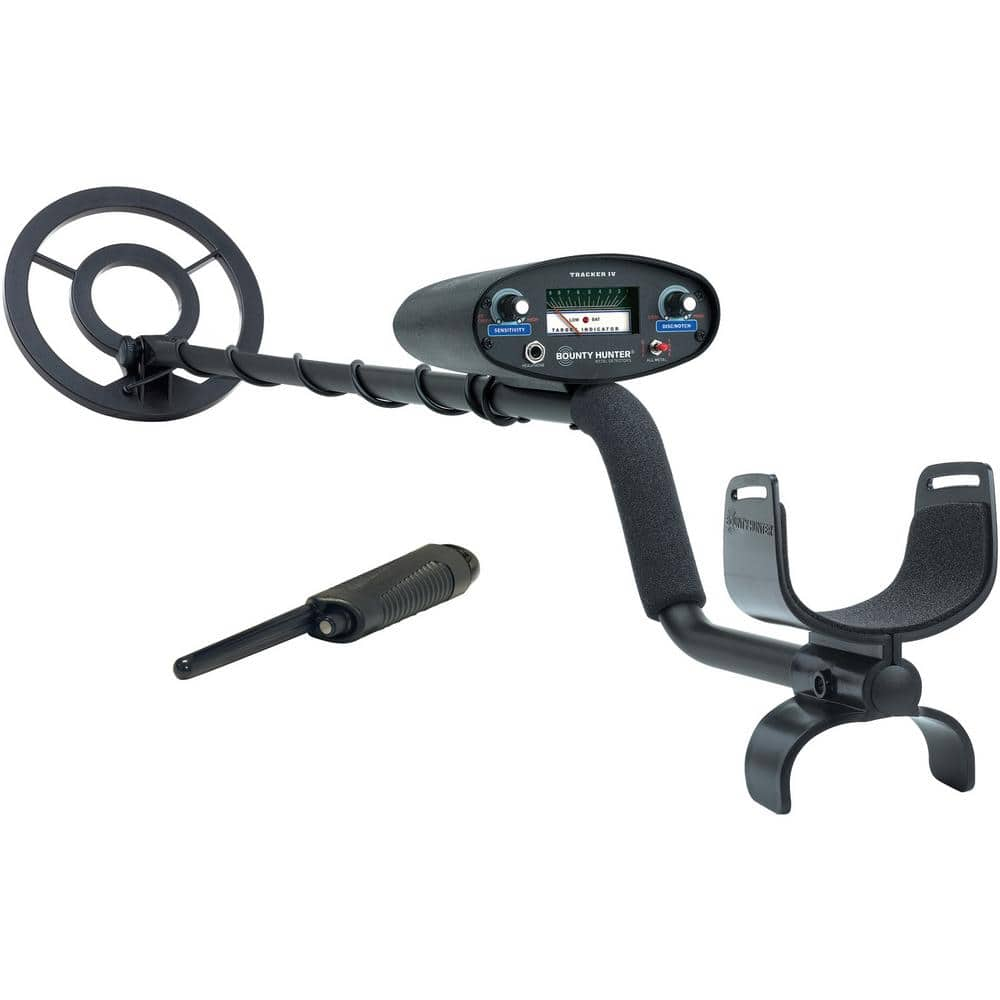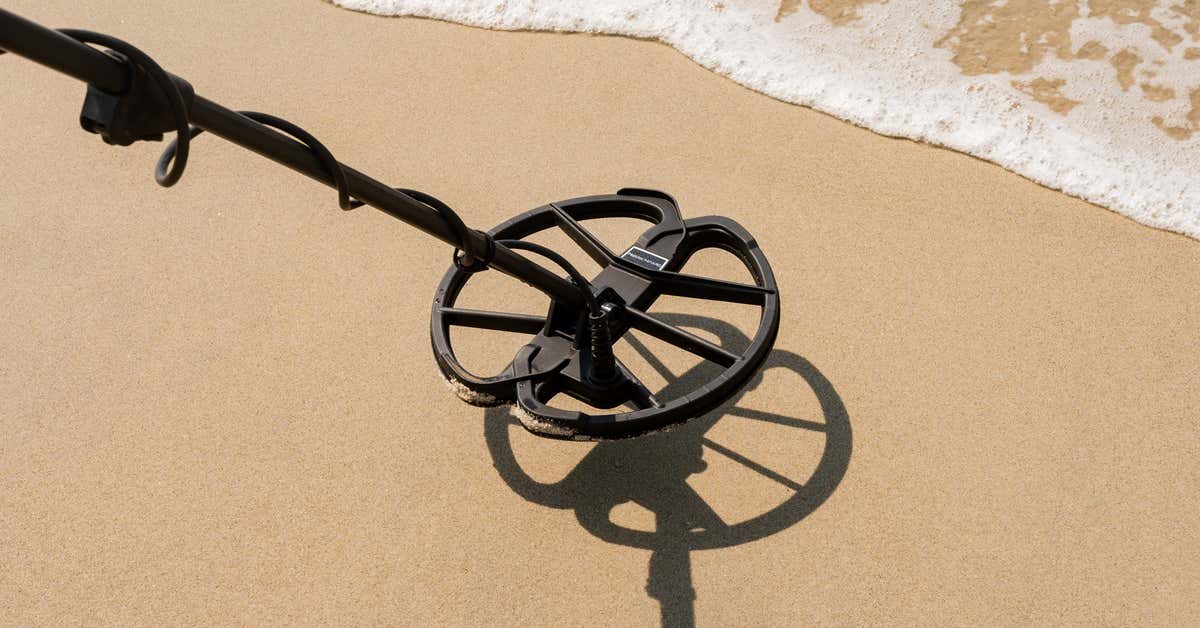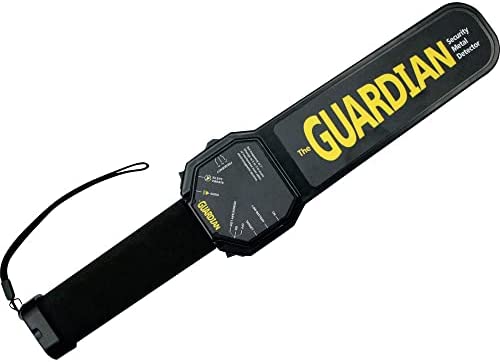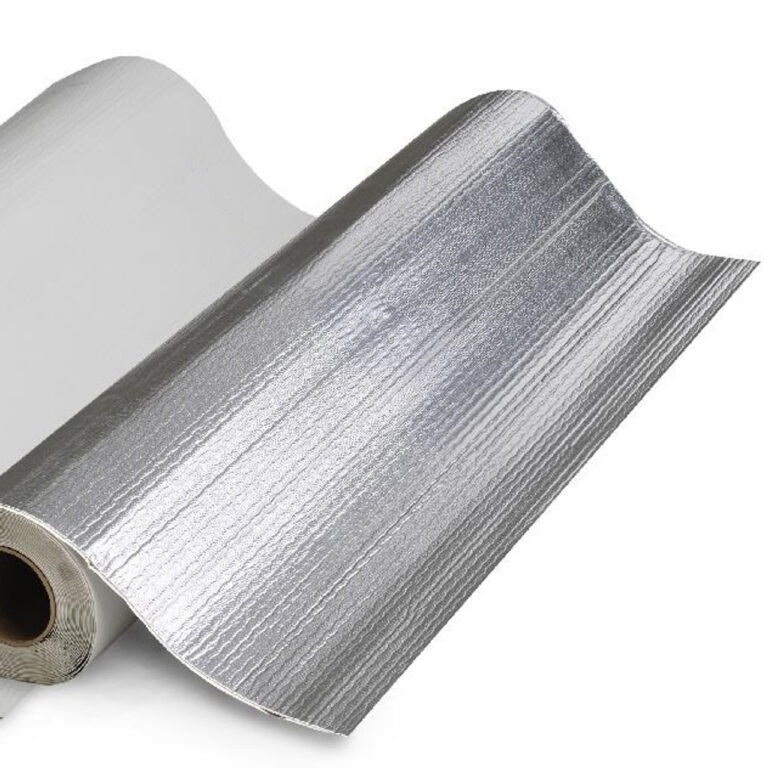Do Beer Cans Go off in Metal Detectors
Yes, beer cans go off in metal detectors. The aluminum in the can is a soft metal easily detected by most metal detectors. The amount of alcohol in the can does not affect the ability of the detector to find it.
Do Beer Cans Go off in Metal Detectors
While metal detectors can detect most metals, they may only be able to pick up on some of them. This is especially true for beer cans, which are made out of aluminum. Aluminum is a light metal that is not as dense as other metals, so a metal detector may not pick it up.
However, it is still worth a try if you are looking for beer cans with a metal detector!

Will Aluminum Set off Airport Metal Detector
If you’re packing your carry-on bag for a flight, you may wonder if aluminum will set off the airport metal detector. The answer is yes; aluminum can trigger the alarm on a walk-through metal detector. However, this doesn’t mean that all your aluminum items must be packed in your checked luggage.
A few factors contribute to whether or not an item will set off the alarm on a metal detector. First, the size of the item matters. A small aluminum keychain is less likely to trigger the alarm than a large aluminum cookware.
Second, the type of metal detector makes a difference. Some detectors are more sensitive than others and may go off even for small items made of aluminum. If you’re concerned about setting off the metal detector with your aluminum items, you can do a few things to minimize the risk.
First, pack your carry-on bag so that any aluminum items are near the top and easily accessible. That way, if the metal detector sounds an alarm, you can quickly remove the offending item and continue. Try wrapping any larger aluminum items in cloth or another material before packing them in your bag – this helps reduce their ability to reflect and set off the alarm.
In general, though, there’s no need to worry too much about packing Aluminum Setoff Airport Metal detectors. Just use common sense when packing your carry-on bag and you should be able to breeze through security without any issues!
Does Aluminum Foil Set off Airport Metal Detectors
If you’re a regular traveler, you’ve probably had the experience of setting off a metal detector at airport security. Most of the time, it’s because you forgot to take your belt off or left your keys in your pocket. But sometimes, it can be because of something as innocuous as aluminum foil.
So, does aluminum foil set off airport metal detectors? The answer is yes, but only sometimes. It depends on how the foil is used and what metal detector is used.
For example, if you wrap your sandwich in aluminum foil before putting it in your carry-on bag, the metal detector will likely pick up on the foil and set off an alarm. However, if you crumple up a piece of foil and put it in your pocket, it’s less likely to trigger the detector. This is because the smaller surface area of the crumpled foil creates less of an electromagnetic field than a flat sheet would.
Some types of metal detectors are more sensitive than others, so whether or not aluminum foil sets them off can vary depending on the equipment being used. In general, it’s best to avoid packing anything made with aluminum foil in your carry-on bag to avoid any potential delays at security checkpoints.
Do Metal Detectors Detect Platinum
Use a metal detector to find platinum. It is possible, but there are a few things you need to know first. Platinum is a very rare metal and is not often found in nature.
It is usually found in jewelry or other decorative items. If you think you have found platinum, it is important to have it tested by a professional before attempting to remove it from the ground. There are two main types of metal detectors: VLF (very low frequency) and PI (pulse induction).
VLF detectors are better at finding small pieces of metal, while PI detectors are better at finding larger metals. Platinum is a very small metal, so you will need a VLF detector to find it best. When using your detector, be sure to scan slowly and methodically.
Platinum can be found in high and low-metal areas, so cover all ground evenly. Pay close attention to your detector’s readout and note any unusual signals. If you think you’ve found something, dig carefully with a small shovel until you reach the item.
Don’t use a large shovel or anything that could damage the item – if it is platinum, you’ll want to sell it intact! If you think you’ve found platinum, congratulations! But don’t get too excited just yet – remember, it still needs to be verified by a professional before anything else can happen.
Once you’ve confirmed that your discovery is this precious metal, you can start thinking about what to do next!
Active vs. Passive Metal Detector
When it comes to metal detectors, there are two main types: active and passive. Both have advantages and disadvantages, so it’s important to know which is right for your needs. Here’s a closer look at the difference between active and passive metal detectors:
Active Metal Detectors Active metal detectors emit low-frequency signals reflecting off metallic objects. The detector then processes the reflected signal to determine the presence of metal.
Active metal detectors are typically more expensive than passive ones. Still, they offer a few advantages, such as – Greater range: Active metal detectors can detect metals at greater distances than passive ones. This makes them ideal for large areas or searching for small objects in deep water or snow.
Better Discrimination:
Active metal detectors can better discriminate between different types of metals, which mean you’re less likely to get false positives. This is especially useful if you’re looking for specific types of metals (e.g., gold nuggets).
No interference from other signals:
Since active metal detectors emit their signal, they’re not susceptible to interference from other electronic devices or natural sources (e.g., power lines). This makes them more reliable in general. Passive Metal Detectors Passive metal detectors don’t emit any signal; instead, they rely on detecting the magnetic field emitted by metallic objects. This type of detector is usually cheaper than active models, but it has a few drawbacks, including Shorter range: Passive metal detectors have shorter detection ranges than active ones; this means they may miss small objects that are far away or buried deep underground. Lower sensitivity: Passive metal detectors are generally less sensitive than active models, so they may not be able to detect all types of metals. Susceptible to interference: Since passive metal detectors rely on picking up external signals, they can be affected by interference from other electronic devices or natural sources (e.g., power lines).
What Sets off a Metal Detector
When people think of metal detectors, they often envision the large, bulky machines used at airports to screen passengers for weapons. However, these devices come in various sizes and styles, each designed for a specific purpose. Metal detectors can be used for security purposes and for finding hidden objects such as metals or jewels.
There are two main types of metal detectors: hand-held and ground-penetrating. Hand-held metal detectors are smaller and more portable than their ground-penetrating counterparts. They are typically used in security settings, such as at airports or government buildings, where they can be quickly deployed to screen individuals for weapons or other metal objects concealed on their person.
Ground-penetrating metal detectors (GPMDs) are larger and heavier than hand-held units, but they offer the advantage of scanning a wider area more quickly. GPMDs are often used by police and military personnel during search-and-rescue missions or criminal investigations when time is critical, and a large area needs to be covered rapidly. So what sets off a metal detector?
In general, any object made of metal will trigger a response from these devices. However, some factors can affect how strong the signal from the metal object will be. The object’s size is one factor; larger objects usually produce a stronger signal than smaller ones.
The type of metal also plays a role; certain metals (such as iron) are more likely to set off the detector than others (such as gold).
Can Aluminum Cans Go Through a Metal Detector?
Yes, aluminum cans can go through a metal detector. However, they may not be detected as easily as other metals, such as iron or steel. Additionally, the signal from aluminum can may be weaker than that of other metals.
What Cannot Be Detected by a Metal Detector?
There are a few things that metal detectors cannot detect. The most common thing that they cannot detect is to lead. Lead is often used in bullets and shots, so it can be hard to find if you only use a metal detector.
Another thing that metal detectors cannot detect is gold. Gold is very conductive, so it can sometimes be difficult to find with a metal detector. Finally, metal detectors cannot always detect aluminum.
Aluminum foil is often used to wrap food, so it can be hard to find if you only use a metal detector.
What will set off a Metal Detector?
There are a variety of things that can set off a metal detector, including both metallic and non-metallic objects. Metallic objects are the most common culprits, as they are made of metal and therefore contain high conductivity levels. This includes coins, jewelry, and even clothing hardware like zippers and buttons.
Non-metallic objects can also set off metal detectors, though this is less common. These include objects made of materials such as glass or plastic with high density or atomic weight. In general, any object that contains a high concentration of metals will be more likely to trigger a metal detector.
Do Metal Detectors Detect Liquids?
Yes, metal detectors can detect liquids. This is because metal detectors work by detecting ferrous metals, which are metals that contain iron. Liquids can often contain small amounts of iron, so a metal detector will detect them.
Conclusion
If you’re looking to sneak a beer into your next concert or ball game, think twice about using a can. Metal detectors can pick up the aluminum in beer cans just as easily as they can pick up knives and other weapons. So if you’re trying to avoid getting caught with alcohol at an event, stick with plastic bottles.







